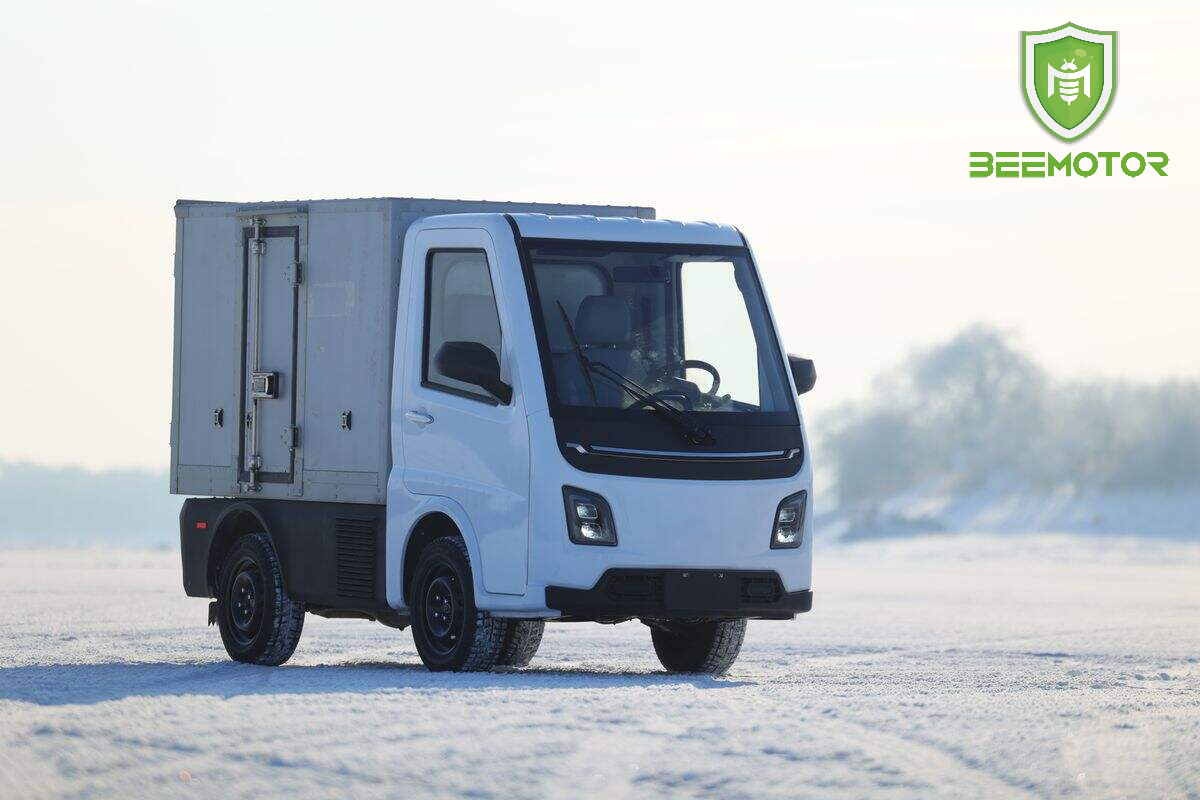As with many industries, there is an increasing demand for effective and sustainable options within logistics and transportation. For businesses aimed at short-distance transport, electric compact commercial vans are now one of the top considerations. These vehicles aid in the reduction of carbon emissions and offer great savings in fuel and maintenance costs. With urban areas facing increased congestion and emission regulations becoming more stringent, electric vans provide a cleaner option that meets the requirements of modern business.
The foremost benefits of electric compact commercial vans are their effects on the environment. Their gasoline or diesel counterparts have a massive impact on air pollution and greenhouse gas emissions. On the other hand, electric vans run on batteries and have zero tailpipe emissions. This allows delivery operations to significantly reduce their carbon footprint. The transition to electric vehicles complies with international sustainability targets, and enables companies to improve their CSR initiatives.
Moreover, electric vans have special features that make them work more efficiently. Many models have sophisticated route and energy consumption optimization technologies. This allows businesses to enhance their delivery capabilities while reducing energy expenditure. Many electric vehicles (EVs) feature regenerative braking systems which further improve efficiency by recapturing kinetic energy to increase the driving range on a single charge. This feature aids short-distance transportation that relies on frequent stopping and starting.
Electric compact commercial vans also help save money, making them very attractive. Even though these vans are more expensive than gasoline-powered vans, they offer greater long-term savings in fuel and maintenance. With fewer moving parts, EVs translate to lower maintenance expenditures over time. Additionally, as prices for fossil fuels continue to rise, businesses stand to gain stability in fuel price fluctuations by switching to electric. There are also several government incentives that make the purchase of electric vehicles more appealing financially.
Furthermore, the increasing number of electric vehicle charging stations is easing the adoption of the technology by businesses. Municipalities are further developing their charging infrastructure so that electric vans can be charged both easily and effectively. This helps diminish the problems of range anxiety and enables business operations in urban areas without worry. The expansion of businesses using electric vehicles will lead to the growth of this network and the accessible range of charging stations will be increased.
To sum up, the change in the direction of electric compact commercial vans is more than just a development, but rather an evolution of commercial transport. There is significant regulation in place, along with a trend of cost-conscious resource management, in addition to advanced climate policy and sustainable development programs. All these shifts point to the necessity of electric vans intended for short-haul transport. The future of logistics rests on electric vehicles, thereby actively positioning forward-thinking companies for success in an ever more competitive landscape.
Within the past few months, there has been a noticeable surge in the number of industry sectors adopting electric vehicles and this can be attributed to the advancement of technologies in conjunction with electric-powered vehicles and the public's preference for greener initiatives. The growth of electric compact commercial vans will be bolstered by the evolution of battery technology alongside the development of charging infrastructure.

